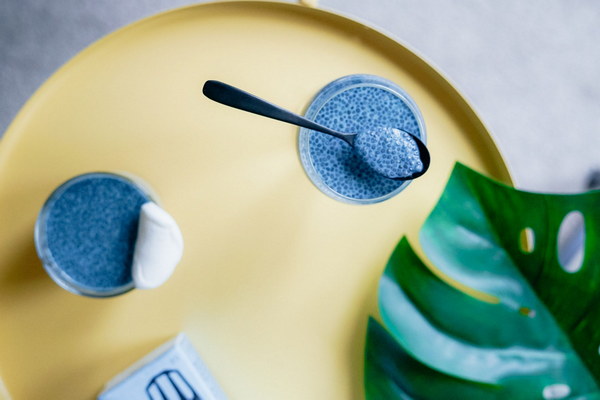Enhancing Liver Health What Medications to Take for Alcohol Consumption
Introduction:
Alcohol consumption has become an integral part of social gatherings and celebrations across the globe. However, excessive drinking can take a toll on the liver, leading to various health issues. To mitigate the damage and maintain liver health, it is essential to consume certain medications that can help in the process of alcohol-induced liver protection. In this article, we will discuss the importance of liver health, the impact of alcohol on the liver, and the medications that can be taken to safeguard your liver.
1. Importance of Liver Health:
The liver is a vital organ responsible for detoxifying the body, producing bile, and metabolizing nutrients. It plays a crucial role in maintaining overall health and well-being. Liver diseases, such as fatty liver, hepatitis, and cirrhosis, can lead to severe health complications, including liver failure. Therefore, it is essential to take steps to protect and enhance liver health, especially for those who consume alcohol.
2. Impact of Alcohol on the Liver:
When consumed in excess, alcohol can cause significant damage to the liver. It leads to inflammation, fibrosis, and eventually cirrhosis. Chronic alcohol consumption can impair the liver's ability to function properly, leading to various health issues. The liver tries to metabolize alcohol by breaking it down into acetaldehyde, a toxic substance that can cause liver damage.

3. Medications for Alcohol-Induced Liver Protection:
Several medications can help in protecting and enhancing liver health for those who consume alcohol. Here are some of the commonly used ones:
a. Milk Thistle:
Milk thistle is a natural herbal supplement that contains silymarin, a compound that has been shown to have liver-protective properties. Silymarin helps in reducing inflammation, protecting liver cells, and enhancing the liver's ability to regenerate. It is often recommended for those with alcohol-induced liver damage, such as fatty liver disease.
b. N-Acetyl Cysteine (NAC):
NAC is a dietary supplement that provides the body with cysteine, an amino acid that helps in the production of glutathione, a powerful antioxidant. Glutathione plays a crucial role in protecting the liver from oxidative stress caused by alcohol metabolism. NAC can help in reducing liver inflammation and improving liver function.
c. Alpha-Lipoic Acid (ALA):
ALA is an antioxidant that can help in protecting the liver from oxidative stress caused by alcohol consumption. It has been shown to improve liver function, reduce inflammation, and promote liver regeneration. ALA can be taken as a supplement or obtained from dietary sources such as spinach, broccoli, and yeast.
d. Vitamin E:
Vitamin E is an essential fat-soluble vitamin that acts as an antioxidant, protecting the liver from oxidative stress. It can help in reducing liver inflammation and improving liver function. Vitamin E supplements can be beneficial for those with alcohol-induced liver damage.
4. Lifestyle Modifications:
In addition to taking medications, it is crucial to make lifestyle modifications to support liver health. Here are some recommendations:
a. Limit Alcohol Consumption:
Reducing alcohol intake is the most effective way to protect your liver. If you choose to drink, do so in moderation and avoid binge drinking.
b. Maintain a Healthy Diet:
Eating a balanced diet rich in fruits, vegetables, lean proteins, and whole grains can help in reducing liver inflammation and promoting overall liver health.
c. Stay Hydrated:
Drinking plenty of water can help in flushing out toxins from the body and supporting liver function.
d. Exercise Regularly:
Regular exercise can improve liver function, reduce the risk of fatty liver disease, and promote overall health.
Conclusion:
Alcohol consumption can have a detrimental effect on liver health. By incorporating liver-protective medications, such as milk thistle, NAC, ALA, and vitamin E, along with lifestyle modifications, you can help mitigate the damage and maintain a healthy liver. Always consult with a healthcare professional before starting any new medication or making significant changes to your lifestyle.









